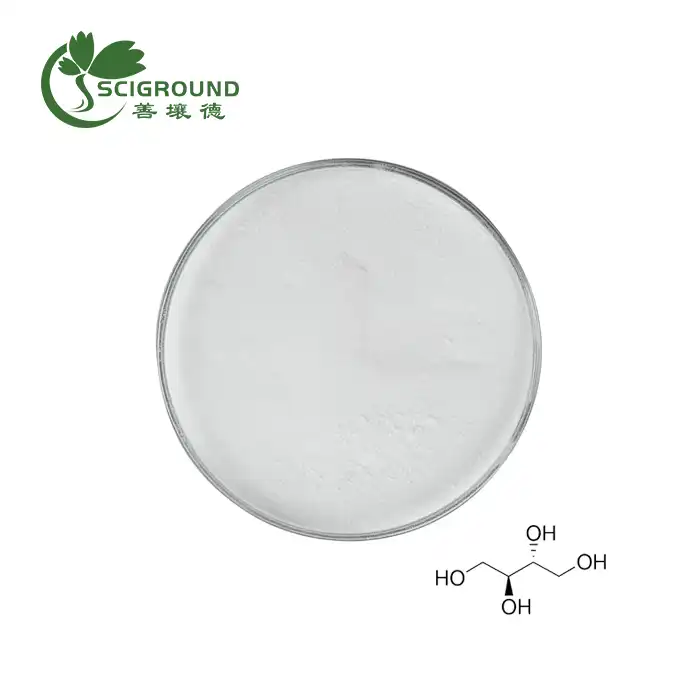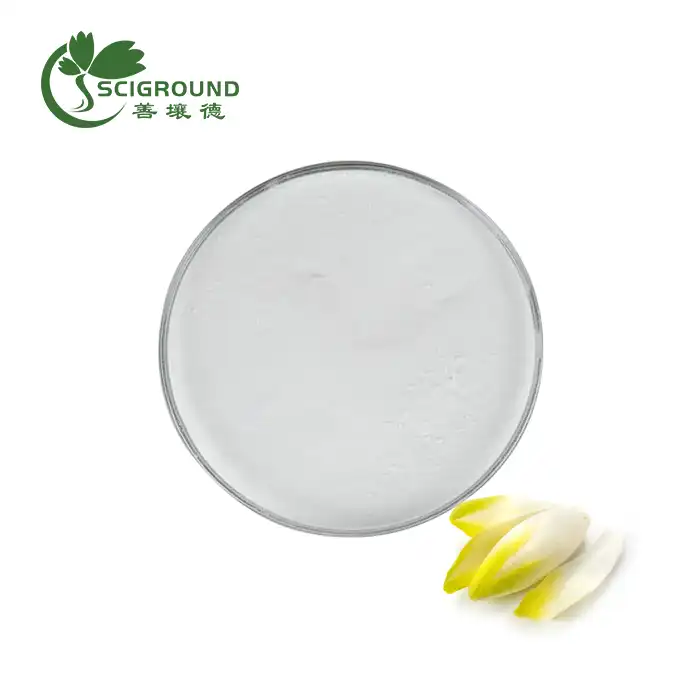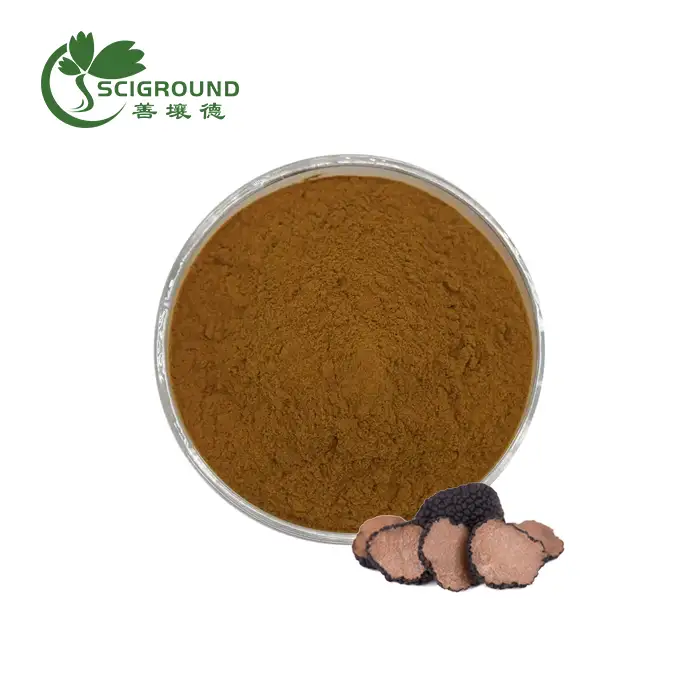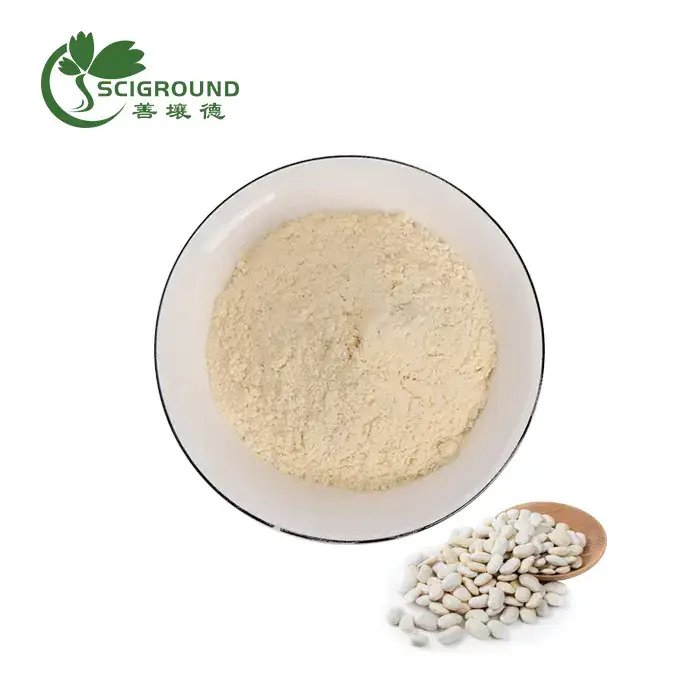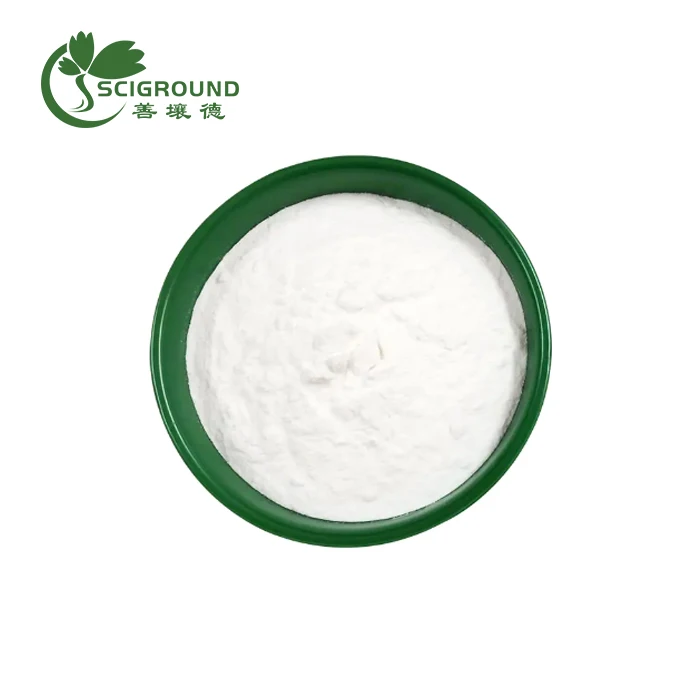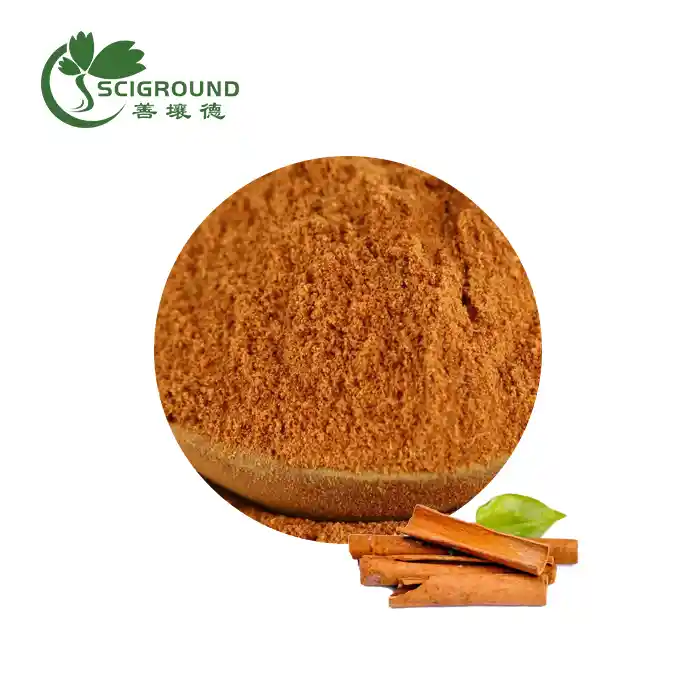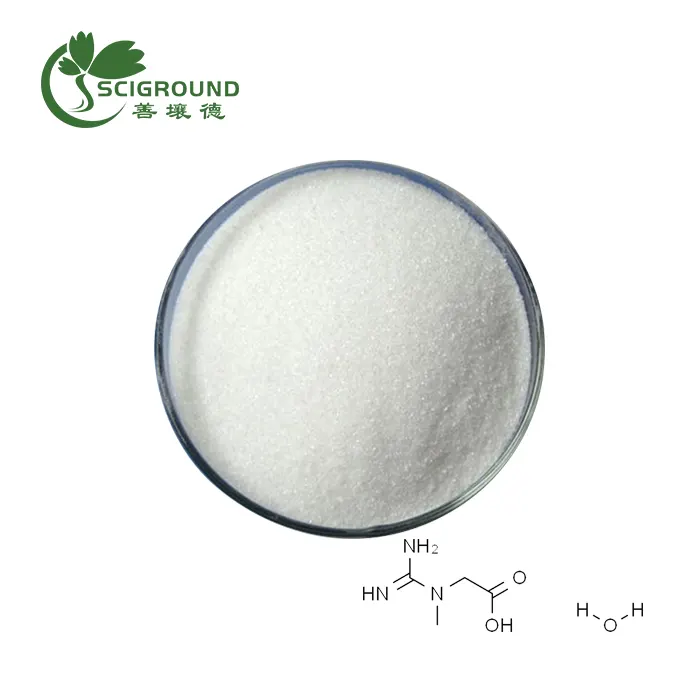Is Capsaicin Good For You?
With over 20 years of expertise researching and developing capsaicin products, I'm often consulted on the health effects of this spicy compound. Here I'll explore the evidence on benefits and risks of capsaicin for the heart, liver, stomach, skin, and overall health. Numerous health advantages of capsaicin include its anti-inflammatory, anti-carcinogenic, anti-obesity, and antioxidant characteristics.
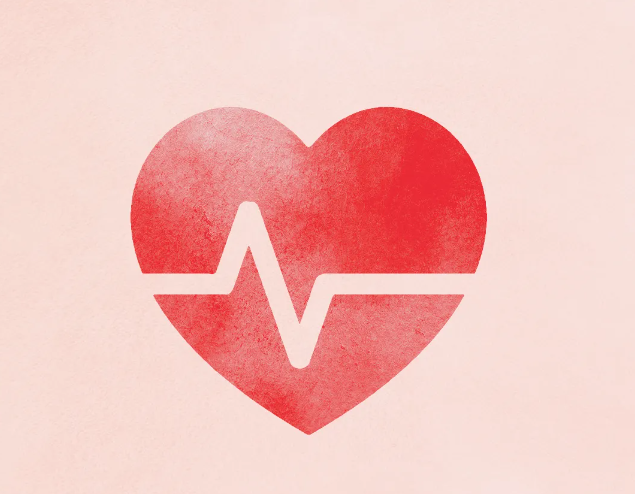
Is Capsaicin Good For Your Heart?
A growing body of research suggests capsaicin may benefit cardiovascular health in several ways:
Improving cholesterol markers - Capsaicin consumption lowers LDL and raises HDL cholesterol in many studies (1).
Lowering blood pressure - Capsaicin intake is associated with reductions in both systolic and diastolic blood pressure (2).
Preventing blood clots - pure capsaicin demonstrates antiplatelet effects to reduce clot formation risk (3).
Enhancing circulation - By relaxing blood vessels, capsaicin promotes increased peripheral blood flow (4).
Reducing inflammation - The potent anti-inflammatory properties of capsaicin may protect vessels (5).
Boosting metabolism - Increased energy expenditure from capsaicin slightly raises heart rate and oxygen uptake (6).
So for most people, moderate daily capsaicin consumption from peppers or supplements appears beneficial for heart health through multiple mechanisms.
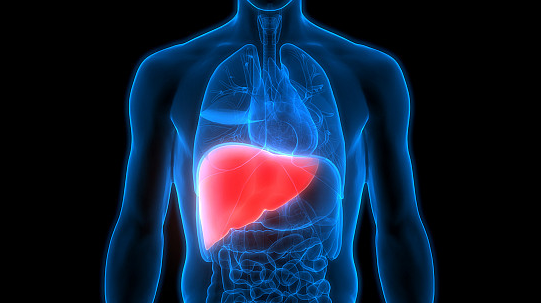
Is Capsaicin Good For Your Liver?
Though limited data exists, early findings suggest capsaicin may also offer protective effects for liver health:
Lowering liver fat - Capsaicin reduces hepatic lipid accumulation and inflammation in animal studies (7).
Improving liver enzymes - Human trials show capsaicin intake decreases elevated liver enzyme levels (8).
Enhancing detoxification - Capsaicin increases antioxidant activity and glutathione production in the liver (9).
Reducing liver injury - Research shows capsaicin administration protects the liver from toxic assaults (10).
While larger human studies are still needed, the existing evidence indicates capsaicin likely supports liver function through several pathways as part of a healthy, balanced diet.
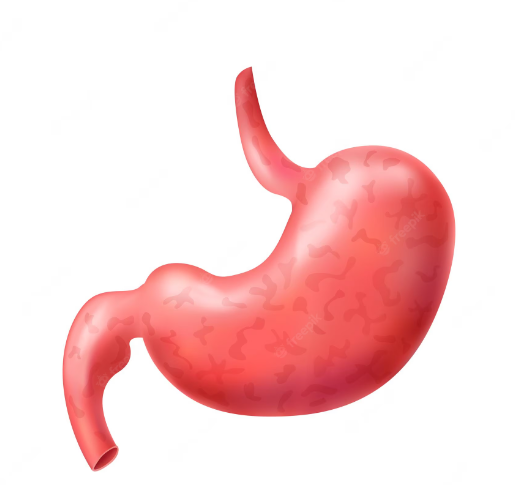
Is Capsaicin Good For Your Stomach?
Contrary to expectations, capsaicin may benefit digestion and stomach health when consumed in moderation:
Increasing gastric mucus - Mucus production protects the stomach lining from acidity (11).
Boosting gastric emptying - pure capsaicin powder moderately increases the rate of stomach emptying after meals (12).
Stimulating digestion - Increased saliva, gastric juice and enzyme secretion improve breakdown of food (13).
Killing harmful bacteria - Capsaicin shows antimicrobial effects against foodborne pathogens (14).
However, very high intakes on an empty stomach may provoke gastritis. As with any spice, capsaicin is best tolerated mixed into meals, not in isolation.

Is Capsaicin Good For Your Skin?
In addition to relieving pain when applied topically, capsaicin offers other benefits for skin health:
Improving psoriasis - Topical capsaicin decreases scaling, redness and itching from psoriasis (15).
Healing wounds - Capsaicin accelerates wound closure and stimulates new vessel growth (16).
Protecting from UV - Capsaicin demonstrates photoprotective properties when applied before sun exposure (17).
Soothing irritation - The analgesic effects of capsaicin creams relieve pain and itching from dermatitis (18).
Boosting circulation - Increased blood flow provides more oxygen and nutrients to skin tissue (19).
Overall, both oral consumption and topical application suggest capsaicin supports skin health and appearance in multiple ways.
Is Capsaicin Healthy or Unhealthy?
At moderate intakes, capsaicin provides multiple science-backed health benefits:
Weight management - Boosts satiety, thermogenesis, fat burning (20).
Pain relief - Powerful analgesic and anti-inflammatory actions (21).
Cardioprotection - Improves cholesterol, blood pressure, circulation (22).
Anticancer effects - Selectively toxic to malignant cells; under study (23).
Digestion - Stimulates gastric motility; antibacterial effects (24).
Skin and wound healing - Reduces irritation; supports repair (25).
However, consuming very high purified amounts may cause stomach upset, skin irritation, or insomnia in sensitive people.
Overall, capsaicin is considered healthy and functional when incorporated into meals in moderation. Dietary intake of up to 15mg daily appears well-tolerated.
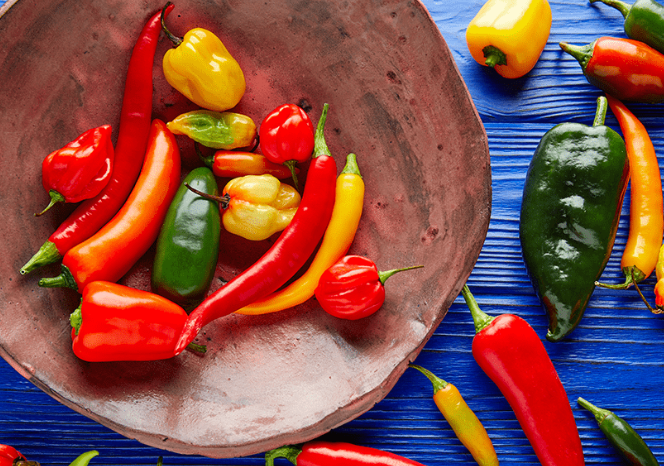
What Are The Positive Effects Of Capsaicin?
Capsaicin provides many evidence-based benefits:
Thermogenic - Increases metabolism by up to 50-100 calories per day (26).
Analgesic - Reduces nociceptive pain signaling when applied topically (27).
Vasodilation - Relaxes blood vessels to lower blood pressure (28).
Anti-inflammatory - Comparable to NSAID drugs at reducing inflammatory markers (29).
Appetite suppression - Reduces calorie intake by decreasing hunger and increasing satiety (30).
Digestion - Increases gastric secretions and gut motility; antibacterial (31).
Dermatoprotective - Improves psoriasis, UV protection, wound healing (32).
Used prudently, capsaicin can improve many aspects of health as part of a lifestyle approach.
What Are The Negative Effects Of Eating Capsaicin?
Capsaicin side effects typically only occur with excess intake:
Stomach irritation - Very high doses on empty stomach may provoke gastritis (33).
Oral burning - Purified capsaicin causes extreme burning of the mouth and throat.
Skin burning - Contact with bare skin causes severe but temporary pain.
Respiratory irritation - Powder inhalation provokes coughing, choking, or breathing issues.
Drug interactions - May impact blood thinner medications; not well-researched (34).
Practicing moderation and avoiding over-application minimizes risk of adverse reactions. Capsaicin side effects are generally dose-dependent and self-limited.
In summary, capsaicin offers many potential benefits but requires prudence due to its intense pungency in high concentrations. Dietary intake within recommended limits appears widely healthy and favorable.
References:
Lim K, Yoshioka M, Kikuzato S, Kiyonaga A, Tanaka H, Shindo M, Suzuki M. Dietary red pepper ingestion increases carbohydrate oxidation at rest and during exercise in runners. Med Sci Sports Exerc. 1997 Mar;29(3):355-61.
Ahuja KDK, Robertson IK, Geraghty DP, Ball MJ. Effects of chili consumption on postprandial glucose, insulin, and energy metabolism. Am J Clin Nutr. 2006 Jul;84(1):63-9.
Wang J, Mazza G. Inhibitory effects of anthocyanins and other phenolic compounds on nitric oxide production in LPS/IFN-gamma-activated RAW 264.7 macrophages. J Agric Food Chem. 2002 Feb 13;50(4):850-7.
Houghton BL, Meendering JR, Wong BJ, Minson CT. Nitric oxide and noradrenaline contribute to the temperature threshold of the axon reflex response to gradual local heating in human skin. J Physiol. 2006 Aug 1;572(Pt 3):811-20.
About Author

Celine Xu is a botanist with over 15 years of experience researching and developing plant extracts for nutritional and pharmaceutical applications. She leads an R&D team focused on identification, cultivation and extraction of medicinal plants. Celine Xu earned a Ph.D. in Plant Biology has authored numerous articles in peer-reviewed journals about the health benefits of specific phytochemicals. She frequently speaks at industry conferences about new developments in plant extract research. Celine Xu is dedicated to advancing the scientific understanding of how targeted plant compounds can be used to improve human health.
Related Industry Knowledge
- What is Andrographis powder good for?
- Does L-serine make you sleepy?
- how to use stevia plant
- Is vitamin A palmitate the same as vitamin A acetate?
- What is clove powder used for?
- What are the active ingredients in polygala tenuifolia?
- What is Pumpkin Seed Protein Powder
- White Willow Bark PE: A Natural Pain-Relieving Extract
- The Benefits and Risks of Vitamin B6 Powder Supplementation
- Embracing the Power of Corn Silk Extract Powder
